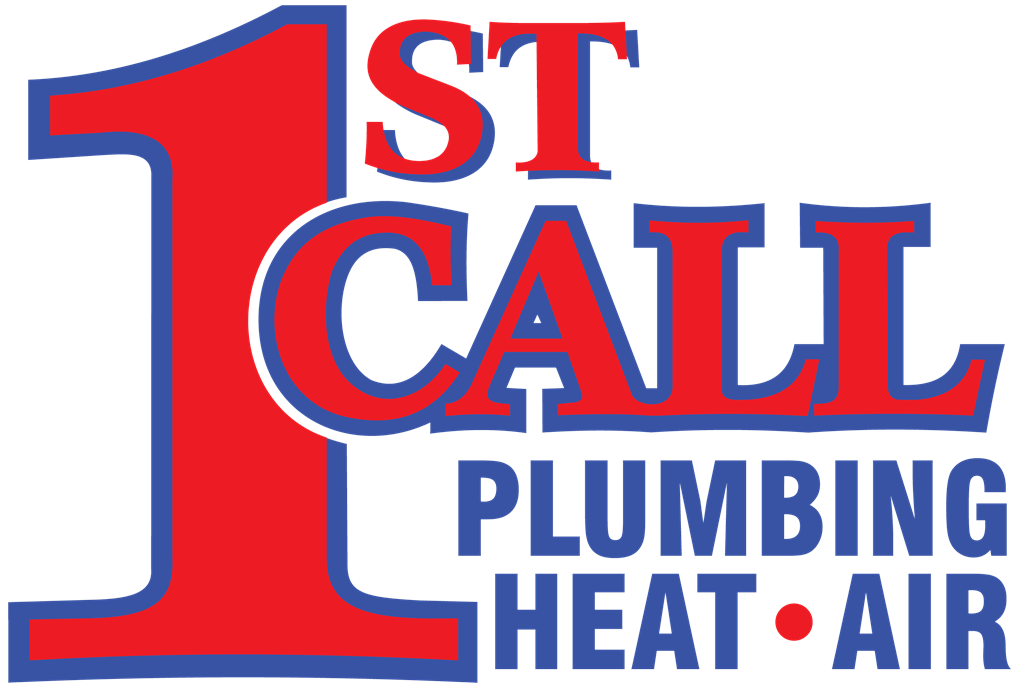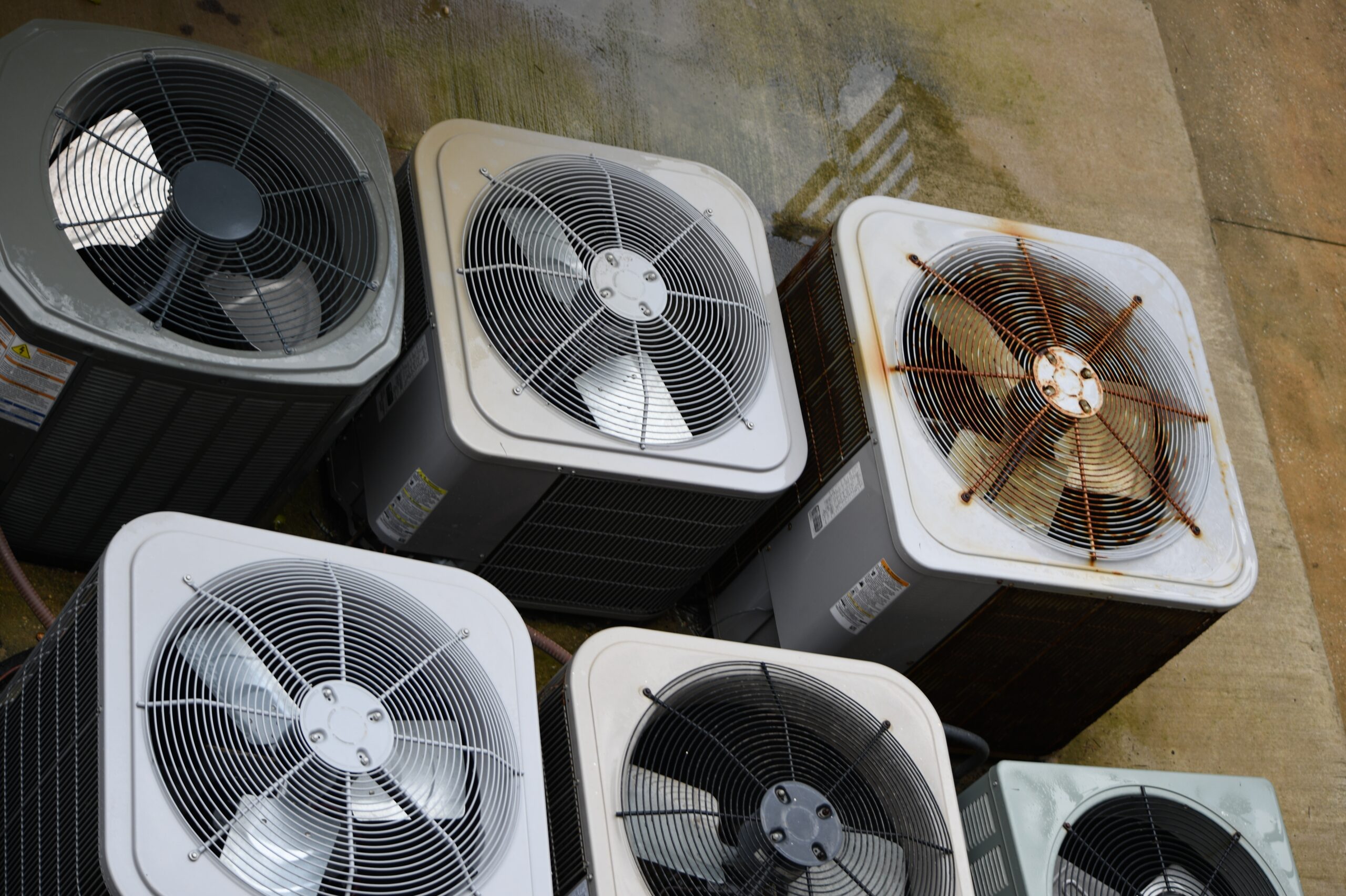While it’s easy to focus on the visible expenses, one aspect that often slips through the cracks is the impact of an outdated HVAC system on your bottom line. We’ll explore five ways an aging HVAC system might quietly drain your resources and discover why it might be time to consider a change.
-
HVAC Line Set Replacement Cost
One frequently overlooked expense associated with an old HVAC system is the daunting HVAC line set replacement cost. The line set, responsible for transporting refrigerant between the indoor and outdoor units, can wear out over time. Aged and deteriorating line sets decrease system efficiency, causing your HVAC system to work harder and consume more energy. Consequently, this leads to higher utility bills and amplifies the strain on the entire system, accelerating wear and tear. To mitigate the impact on your budget, consider investing in modern, energy-efficient HVAC systems that often come with advanced line set technologies, reducing the need for frequent replacements and ensuring the best possible performance.
-
Commercial HVAC Repair
Another hidden cost of an old HVAC system is the frequent need for commercial HVAC repair. As HVAC systems age, components naturally wear down, leading to malfunctions and breakdowns. The recurrent need for repairs disrupts your business operations and adds up in terms of repair costs.
In contrast, newer HVAC systems are equipped with advanced technologies that enhance reliability and reduce the likelihood of breakdowns. Upgrading to a more modern system may seem like an initial investment. Still, in the long run, it can save you from the headache of continuous repairs and the associated expenses.
-
HVAC Fuse
Outdated HVAC systems often suffer from electrical issues; one common problem is HVAC fuse failures. Frequently blown fuses disrupt the functioning of your HVAC system, leading to downtime and potential damage to other components. The continuous replacement of fuses may seem like a minor expense, but over time, it can accumulate into a significant cost.
Investing in a newer HVAC system with updated electrical components reduces the occurrence of HVAC fuse failures and improves your system’s overall safety and reliability. This approach can help save you time and money in the long term.
-
Search for Commercial HVAC Repair Near Me
Locating reliable and timely service for your aging HVAC system can be time-consuming. The constant need for commercial HVAC repair is inconvenient and can reduce downtime for your business. Localized repairs may offer a quick fix, but the system’s reliability may decline.
By considering upgrading a modern HVAC system, you reduce the frequency of repairs and minimize the hassle of finding a repair service nearby. Modern systems often come with comprehensive warranties and support packages, ensuring that your HVAC investment is cost-effective and backed by reliable service.
-
Energy Inefficiency
As HVAC systems age, they become less energy-efficient, contributing to higher utility bills. Modern systems are designed with energy efficiency top of mind, incorporating advanced technologies such as variable-speed compressors, smart thermostats, and improved insulation. These features reduce your environmental impact and translate into substantial long-term cost savings.
While the upfront cost of upgrading to a new HVAC system may seem daunting, the long-term benefits far outweigh the initial investment. From reducing the HVAC line set replacement cost to minimizing the need for commercial HVAC repair, upgrading to a modern system can enhance efficiency, decrease operational disruptions, and save money. As you weigh the costs and benefits, consider the long-term impact on your bottom line and the overall sustainability of your business operations. If you have any questions, contact us today for help.




